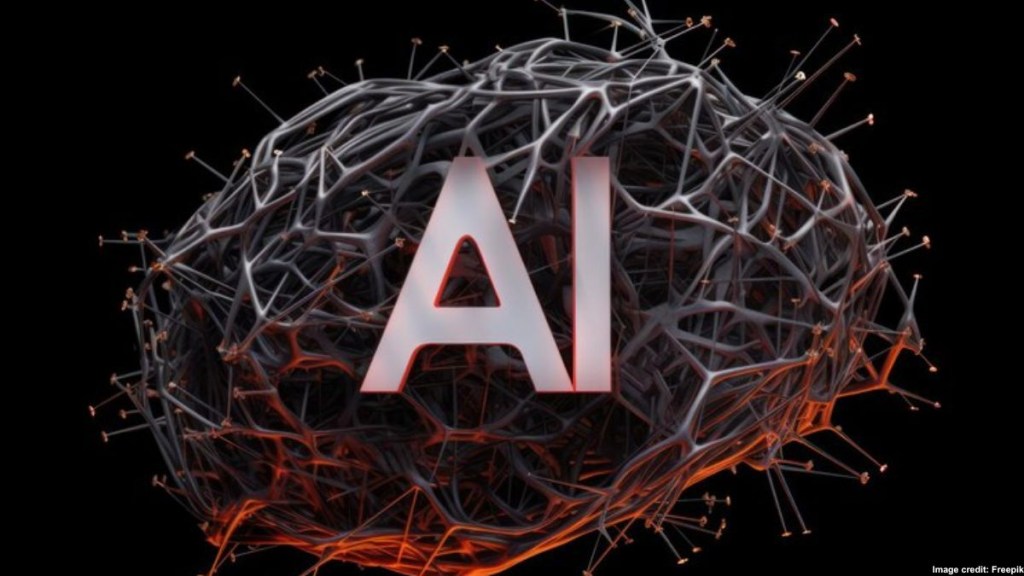By Subramanian M S
With the advent of Industry 4.0, the rapidly evolving manufacturing and automotive industry is experiencing a new era of quality control through AI-driven systems, ensuring high product quality and compliance with strict regulations is essential for success. Artificial intelligence is playing an essential role in empowering manufacturers and automotive industries to harness AI-driven systems, which in turn optimize workflows and elevate the overall quality of their products. According to McKinsey, businesses globally invested over $26 billion in AI in 2016, and the trend has been prevalent in the automotive sector. The report further highlights that by 2035, AI technologies may increase productivity by 40% while boosting the economy by $14 trillion across 16 sectors, including automotive manufacturing. For instance, these cutting-edge solutions are revolutionizing how automobile manufacturers monitor and ensure compliance, leading to cost optimization, improved productivity, and increased customer satisfaction. AI integration in the automotive industry could greatly enhance manufacturing procedures and overall product quality.
Here’s a look at the role of AI-driven quality control in manufacturing, highlighting its benefits:
Strengthening Quality Control Efforts with AI
AI-driven quality control solutions are enabling modern-day firms to break away from archaic practices in the realm of data-driven manufacturing. These AI-led systems can analyze a huge amount of data, identify patterns, and anomalies, and produce accurate predictions. This eradicates the requirement for labour-intensive and error-prone manual inspections. With real-time data analysis from sensors and IoT devices, operational processes can be continuously monitored, enabling manufacturers to address variations from normal operating conditions and ensure consistent product quality. Also, AI makes predictive analytics possible by leveraging historical data to predict maintenance needs and optimize equipment performance.
Real-Time Monitoring and Predictive Analytics to Gain Valuable Insights
Predictive analytics plays a crucial role in real-time monitoring and quality control throughout the supply chain in the manufacturing industry. By harnessing AI-driven systems, manufacturers can constantly collect and analyze data from various sensors and IoT devices, capturing information on various factors but not limiting to temperature, pressure, and vibration. These data points are then processed using predictive analytics algorithms, enabling the detection of deviations from expected operational conditions. This proactive approach empowers manufacturers to mitigate the risk of product malfunctions, ensuring consistent quality, by implementing timely corrective actions based on the insights provided by supply chain predictive analytics.
Meeting Compliance
Manufacturers in the automotive industry place a high priority on complying with regulations and quality requirements. AI-powered quality control systems have become crucial for ensuring adherence to these important requirements. These cutting-edge systems can effectively analyze large volumes of data like product specifications, manufacturing variables, and inspection results by utilizing advanced AI algorithms. Any violations of the established norms can be quickly found through this comprehensive analysis. As a result, manufacturers are better able to address problems quickly, reduce the risk of non-compliance, and uphold the highest levels of product quality.
Understanding Customer Preferences and Enhancing Experience
In today’s competitive market, customer satisfaction is of utmost importance. Here, AI-led quality control solutions play an important role in ensuring that manufacturers produce high-quality products that meet or exceed customer expectations. By continuously monitoring and enhancing product quality, manufacturers can mitigate the risk of product recalls, warranty claims, and customer complaints. AI technology provides valuable insights by analyzing sentiment in online reviews and social media data, allowing manufacturers to gain a deeper understanding of customer preferences and feedback. This understanding enables manufacturers to tailor their products to better align with customer needs, fostering stronger customer loyalty and enhancing brand reputation in the process.
Conclusion
The integration of AI-driven quality control technology has resulted in significant advancements in operational performance, cost savings, compliance, and consumer satisfaction within the manufacturing and automotive industries during the era of Industry 4.0. Through the implementation of real-time monitoring, and predictive analytics, manufacturers can proactively identify and address quality issues, anticipate maintenance requirements, and ensure consistent product quality. This data-driven approach, complemented by the application of supply chain predictive analytics, enhances efficiency, reduces costs, and enables businesses to comply with industry standards and regulations. Moreover, AI-powered quality control systems and supply chain predictive analytics provide manufacturers with valuable insights into customer preferences, facilitating product customization and ultimately increasing customer satisfaction. These outcomes contribute to bolstering brand reputation and fostering customer loyalty.
The author is senior director – automotive, Expleo
